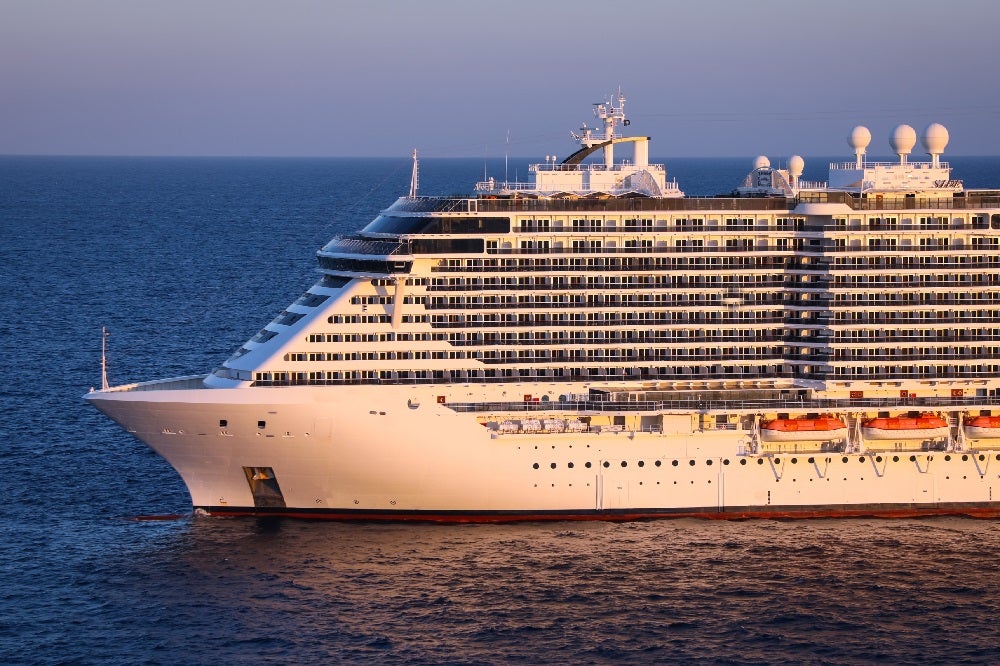Controlling the spread of Covid-19 is not the only barrier facing the cruise industry’s recovery. Overtourism also needs to be considered.
Cruises were typically popular with Australian, US and UK travellers, according to GlobalData’s Q3 2019 consumer survey. With vaccines being rolled out in these nations, demand for cruises is growing for when they can fully recommence. In January, for example, Carnival Corporation stated that it had had more advanced bookings for 2022 than it had had for 2019.
Prior to Covid-19, many operators had a love-hate relationship with certain destinations. Typically bringing in large influxes of tourists with minimal local benefit and major environmental impacts, some relationships were being tested. This pandemic has given destinations the time to rethink, rebuild and reinvest their tourism policies, working towards a more sustainable future where large cruise ships may not be as welcome as before. This calls for collaboration between operators and destinations to help tourism-dependent economies restart cruise travel more responsibly.
Cruise tourists are not always beneficial
Cruise passengers do not typically stay overnight in a destination and are fed on their respective ships. Cruises are also not usually subject to any form of tourist tax in a destination, and excursions booked will be limited in local economic benefit. Even though cruise companies typically book with local excursion providers, tour companies will be subject to paying out commission to the ships, lessening potential profits. Locals living near cruise ports are subject to poor air conditions and overall pollution. In 2017, for example, cruises run by Carnival Corporation emitted ten times more cancer-causing gases in Europe than all the continent’s passenger vehicles combined, according to analysis by sustainable transport group Transport and Environment.
Prior to Covid-19, the relationship between some destinations and large operators was becoming hostile. In 2019, for example, Venice limited the number of cruise ships that could dock. The amount of inbound traffic was adding thousands of additional tourists each year, harming the surrounding ecosystem and making life unbearable for locals.
A call for reform
Whilst some international travel restrictions have eased, allowing flights to resume, the cruise industry remains largely grounded.

US Tariffs are shifting - will you react or anticipate?
Don’t let policy changes catch you off guard. Stay proactive with real-time data and expert analysis.
By GlobalDataEstablishing safety protocols for cruises to resume safely seems to be the primary objective right now. But for cruise travel to resume more responsibly, tourism-dependent destinations and operators need to develop a symbiotic relationship where both mutually benefit. For example, destinations could limit the numbers of cruise ships that can dock, demand ships stay in port for longer or raise taxes dependent on the number of inbound passengers to ensure travel resumes safely and responsibly.





